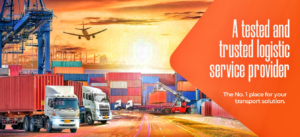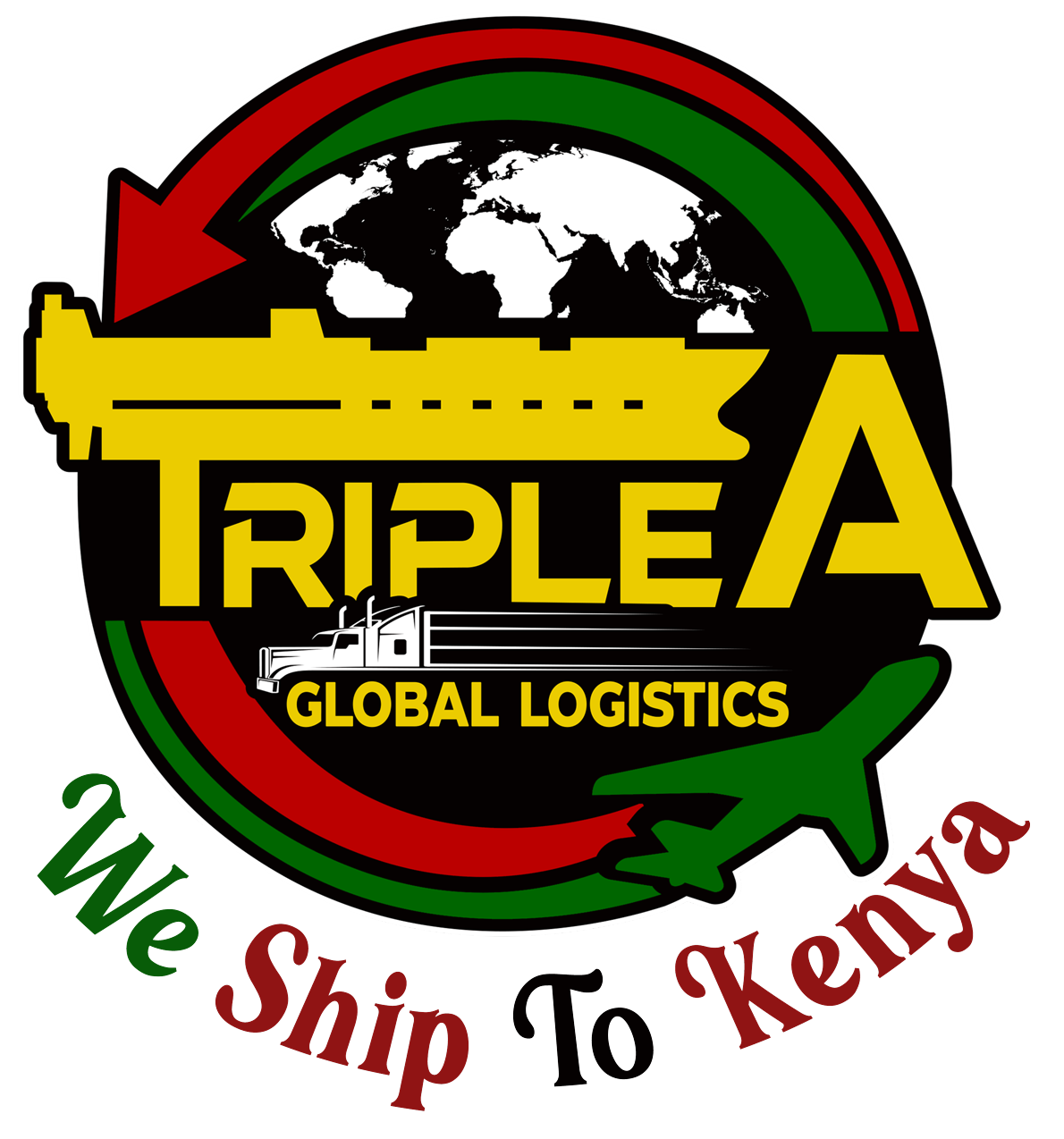Call Us:
+44(0)2039579445
+254 111 81 81 81
Mail Us:
info@tripleafreight.co.uk
Triple A
 Logistics in Kenya is evolving rapidly, driven by the increasing demand for efficiency and reliability. This article delves into advanced logistics solutions, highlighting their significance in Kenya’s dynamic market. Let’s explore the state of logistics in Kenya, the benefits of advanced solutions, and the key players shaping the industry.
Logistics in Kenya is evolving rapidly, driven by the increasing demand for efficiency and reliability. This article delves into advanced logistics solutions, highlighting their significance in Kenya’s dynamic market. Let’s explore the state of logistics in Kenya, the benefits of advanced solutions, and the key players shaping the industry.